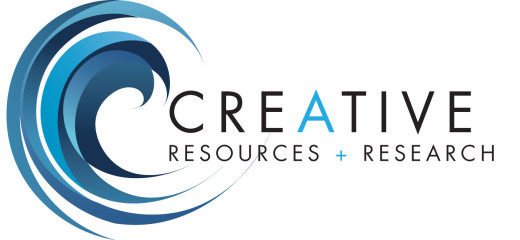10 Grant Writing Questions Answered: Your Key to Nonprofit Funding Success
Whether you’re new to grant writing or looking to enhance your skills, having a solid understanding of the principles and nuances of the grant writing process is crucial. In this blog post, we’ll address the top 10 most common questions about grant writing and provide valuable insights to help you successfully navigate the world of nonprofit grant funding.
1. What is grant writing?
Grant writing is the process of developing a persuasive and compelling written proposal to secure financial support from funding organizations, such as foundations, corporations, or government agencies. Grant proposals typically include a detailed description of your nonprofit’s programs or projects, the need or problem addressed, intended outcomes, and a comprehensive plan for implementing and evaluating the proposed activities.
2. How do I find funding opportunities for my nonprofit?
Researching potential funders is an essential step in the grant writing process. Utilize online databases, such as Foundation Directory Online or Grants.gov, to identify funding organizations aligned with your nonprofit’s mission, geographic focus, and target population. Additionally, network with peers and explore local funding opportunities within your community.
3. What are the key components of a grant proposal?
While each funding organization may have specific requirements, the core components of a grant proposal generally include:
– Executive summary: A concise and engaging overview of your proposal
– Needs statement: Clear justification of the issue addressed and its impact on your community
– Goals and objectives: Describing what you intend to achieve with the program
– Program design/methodology: A detailed plan of your intervention, including activities and timeframes
– Evaluation plan: Describing how progress will be measured and success evaluated
– Sustainability plan: How the program will continue to achieve its goals after the grant period
– Budget: Clearly outlining the costs associated with the program and how funds will be utilized
– Organizational background: Describing your nonprofit’s history, mission, and achievements
4. How do I create a compelling needs statement?
A compelling needs statement is built on accurate, up-to-date data relevant to your cause. Utilize reliable sources to demonstrate your community’s challenges and the urgency of addressing the issue. Convey the importance of your program by illustrating the potential impact and how it addresses these challenges effectively.
5. How important are measurable objectives in a grant proposal?
Measurable objectives are crucial in a grant proposal, as they enable grantmakers to clearly understand what you plan to achieve and how you will monitor success. Develop SMART objectives (Specific, Measurable, Achievable, Relevant, and Time-bound) to demonstrate your organization’s commitment to results-driven programming and accountability.
6. How long should a grant proposal be?
The length of a grant proposal depends on the guidelines provided by the funding organization. While some may have strict page limits, others may be more flexible. Generally, aim for clarity and conciseness. Address all required components in a manner that is easy to follow but refrains from unnecessary elaboration.
7. What is a budget narrative or budget justification?
A budget narrative, also known as a budget justification, is an explanation of the costs associated with your program. It provides context for each line item, detailing how the amount was calculated, its purpose, and its relevance to the program’s success. A well-prepared budget narrative demonstrates your careful planning and responsible use of funds.
8. How do I demonstrate sustainability in a grant proposal?
Sustainability is the ability of your program to continue fulfilling its mission after the grant period ends. Demonstrate sustainability in your proposal by outlining strategies such as diversifying funding sources, developing community partnerships, creating earned-income opportunities, and building organizational capacity. Show funders your long-term vision and commitment to making a lasting impact.
9. How do I handle rejection or requests for revisions from funders?
Rejection and requests for revisions are an inevitable part of the grant writing process. Treat them as learning opportunities. Graciously accept feedback, analyze the reasons for rejection or revision requests, and use those insights to strengthen future proposals. Maintain open communication with funders and be prepared to revise and resubmit proposals as needed.
10. How can I improve my grant writing skills?
Improving your grant writing skills requires practice, feedback, and continuous learning. Attend workshops, webinars, or conferences to broaden your knowledge of grant writing best practices. Connect with experienced grant writers, seek feedback on your work, and learn from your successes and challenges. Stay current with industry news and trends to refine your skills continually.
Conclusion:
Grant writing is an essential skill for nonprofit professionals seeking funding to support their organization’s mission. By understanding the basics, mastering the art of crafting a compelling proposal, and embracing a growth mindset, you can increase your chances of securing crucial funding and making a difference in your community. Remember, the answers to these top 10 grant writing questions are just the beginning – successful grant writing is an ongoing journey of learning, adapting, and refining your craft.




